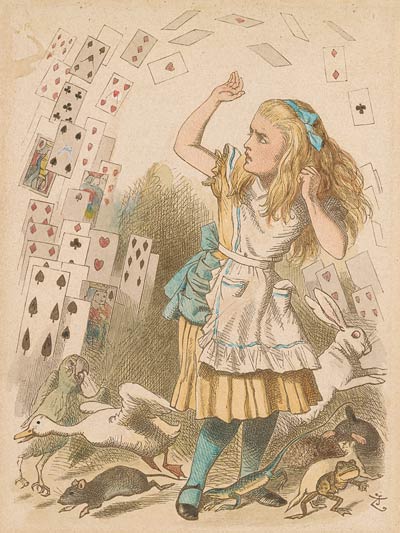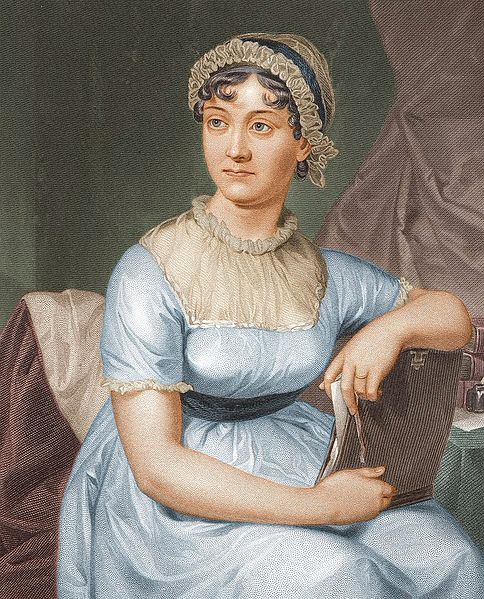This site provides free vocabulary and reading comprehension worksheets.
Each worksheet, suitable for middle school, high school and college level students,
includes a short reading, five vocabulary words to define,
sentence completion exercises, and two questions to answer.
The worksheets may be used for differentiated instruction and home learning.
One question tests literal comprehension, and one question asks the student to think critically.
If you are undecided about buying the ebook, please take a look at a free
sample.
Not all of the worksheets contain everything, but they contain enough to
make your work as a teacher (or a parent) easier.
I am developing the site and more worksheets, tests, and answer keys
will be developed.
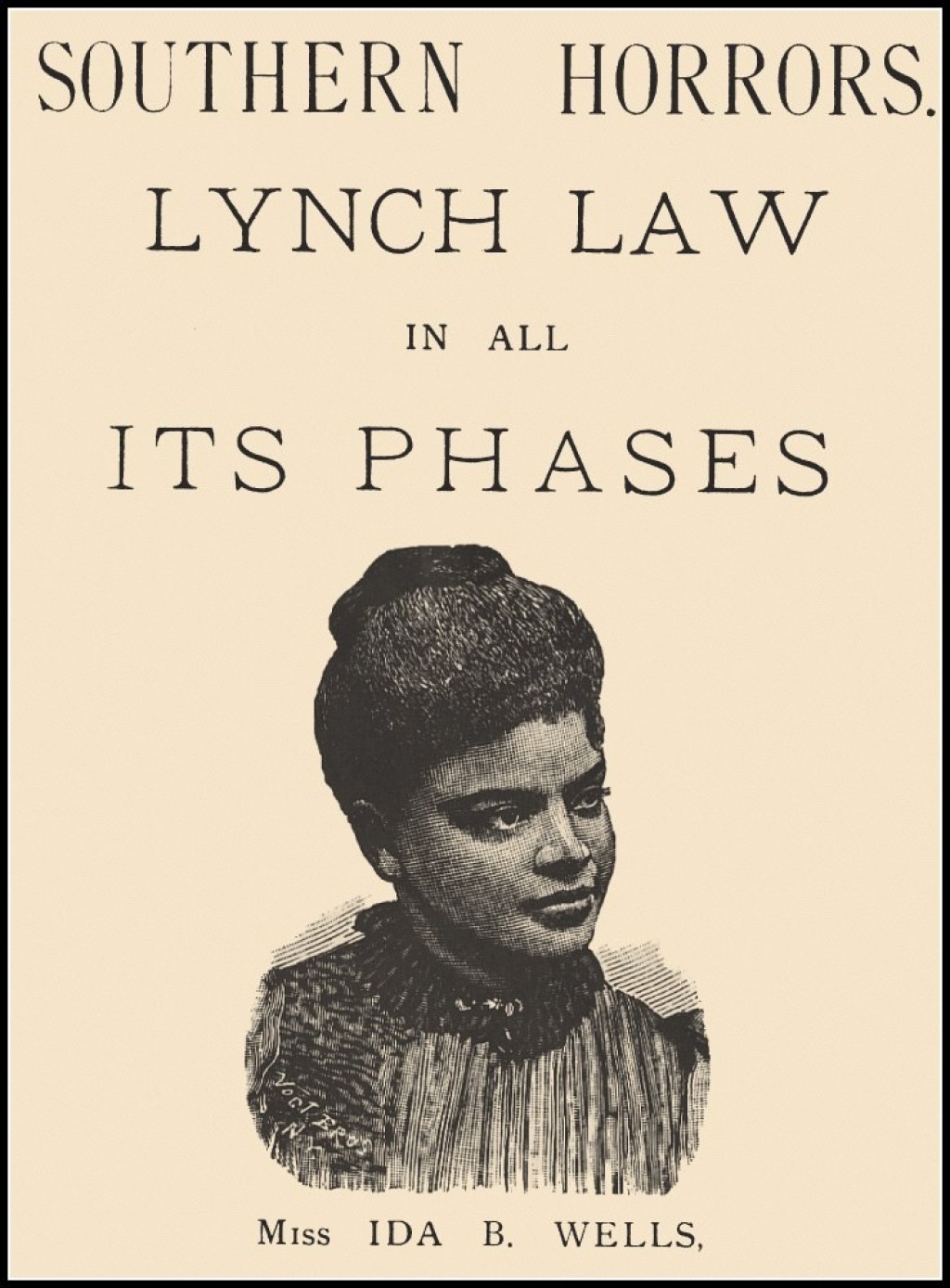
Free PDF Worksheet Suitable for Classroom Use
The worksheet is one sheet front and back. It is suitable for classroom use and freely reproducible.
Ida B. Wells. Southern Horrors: Lynch Law in All Its Phases
The miscegenation laws of the South only operate against the legitimate union of the races; they leave the white man free to seduce all the colored girls he can, but it is death to the colored man who yields to the force and advances of a similar attraction in white women. White men lynch the offending Afro-American, not because he is a despoiler of virtue, but because he succumbs to the smiles of white women.
The Cleveland Gazette of January 16, 1892, publishes a case in point. Mrs. J.S. Underwood, the wife of a minister of Elyria, Ohio, accused an Afro-American of rape. She told her husband that during his absence in 1888, stumping the State for the Prohibition Party, the man came to the kitchen door, forced his way in the house and insulted her. She tried to drive him out with a heavy poker, but he overpowered and chloroformed her, and when she revived her clothing was torn and she was in a horrible condition. She did not know the man but could identify him. She pointed out William Offett, a married man, who was arrested and, being in Ohio, was granted a trial.
The prisoner vehemently denied the charge of rape, but confessed he went to Mrs. Underwood's residence at her invitation and was criminally intimate with her at her request. This availed him nothing against the sworn testimony of a minister's wife, a lady of the highest respectability. He was found guilty, and entered the penitentiary, December 14, 1888, for fifteen years. Some time afterwards the woman's remorse led her to confess to her husband that the man was innocent.
These are her words: I met Offett at the Post Office. It was raining. He was polite to me, and as I had several bundles in my arms he offered to carry them home for me, which he did. He had a strange fascination for me, and I invited him to call on me. He called, bringing chestnuts and candy for the children. By this means we got them to leave us alone in the room. Then I sat on his lap. He made a proposal to me and I readily consented. Why I did so, I do not know, but that I did is true. He visited me several times after that and each time I was indiscreet. I did not care after the first time. In fact I could not have resisted, and had no desire to resist.
When asked by her husband why she told him she had been outraged, she said: "I had several reasons for telling you. One was the neighbors saw the fellows here, another was, I was afraid I had contracted a loathsome disease, and still another was that I feared I might give birth to a Negro baby. I hoped to save my reputation by telling you a deliberate lie." Her husband horrified by the confession had Offett, who had already served four years, released and secured a divorce.
Define Each Word
- miscegenation
- lynch
- succumb
- stump (political meaning)
- vehement
Write the Correct Word from the Vocabulary
- The derogatory term ____________________________, meaning interracial sexual union or marriage, was coined by David Croly during the American Civil War as an attempt to discredit President Abraham Lincoln.
- The residents of Miramar ___________________________ opposed the building of a Walmart in their neighborhood.
- Uncle Eddie passed away in June, finally _____________________________ to the ravages of chronic alcoholism.
- Disregarding due process, the mob _______________________ an innocent man for a crime that he did not commit.
- Seeking state-wide support, the governor went on the _________________ to promote his new education reform bill.
Comprehension and Discussion: Answer Each Question in Complete Sentences
- According to Wells-Barnett, what is the result of the miscegenation laws of the American South?
- What tone or style does Wells-Barnett use in the 4-paragraph narrative of William Offett's rape conviction and eventual release? Is it effective? Why? Why not?
Link to Ida B. Wells Memorial Foundation
Before there was Rosa Parks, there was Ida B. Wells.
Sadly, her story, and, just as important, her writings, are not as well-known as the writings and
accomplishments of other African Americans, yet her accomplishments and her writings are extremely
relevant.
For more information on Ida B. Wells, please visit the Ida B. Wells Memorial Foundation.
Click here: Ida B. Wells Memorial Foundation
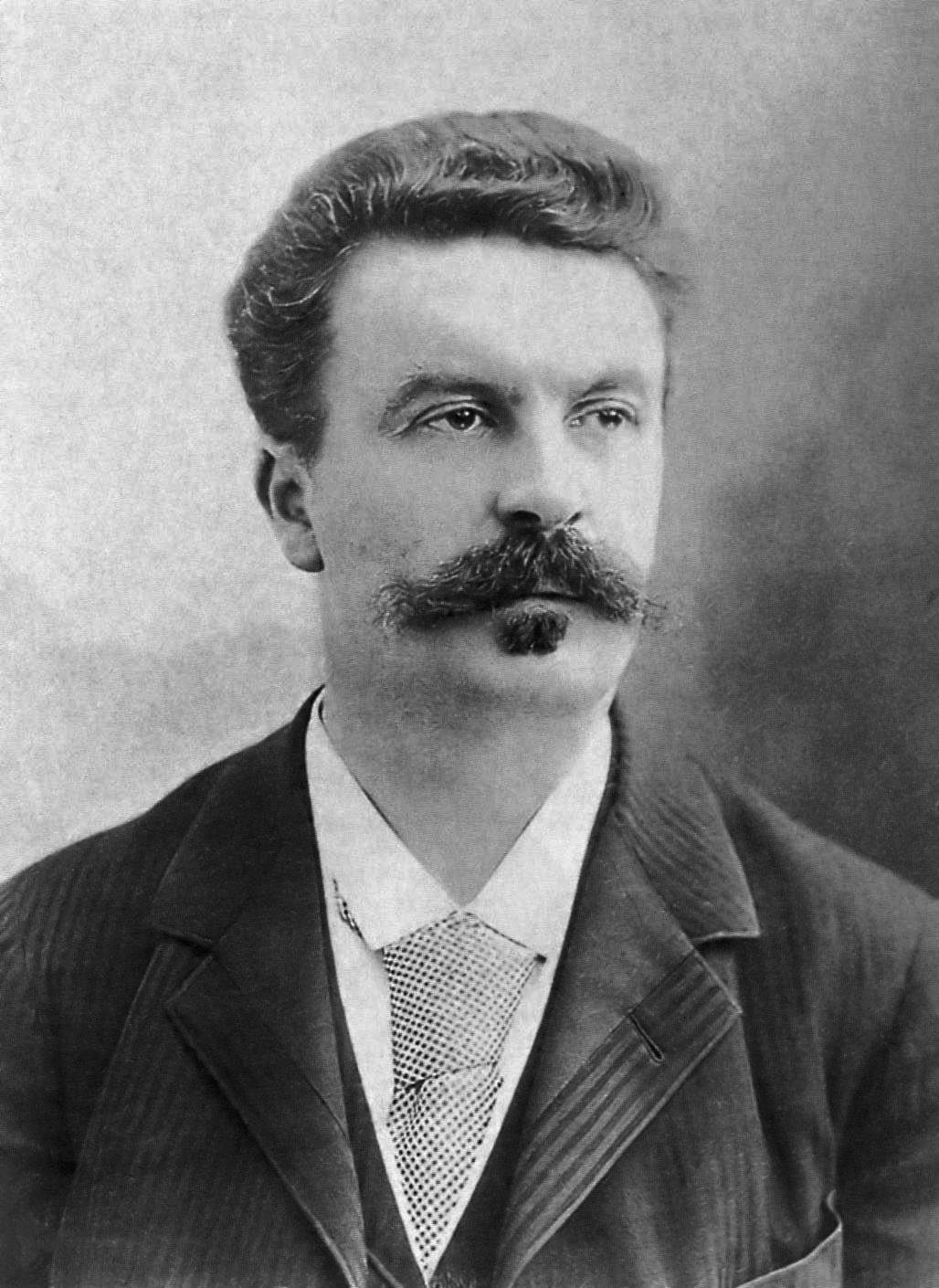
"The Necklace" by Guy de Maupassant
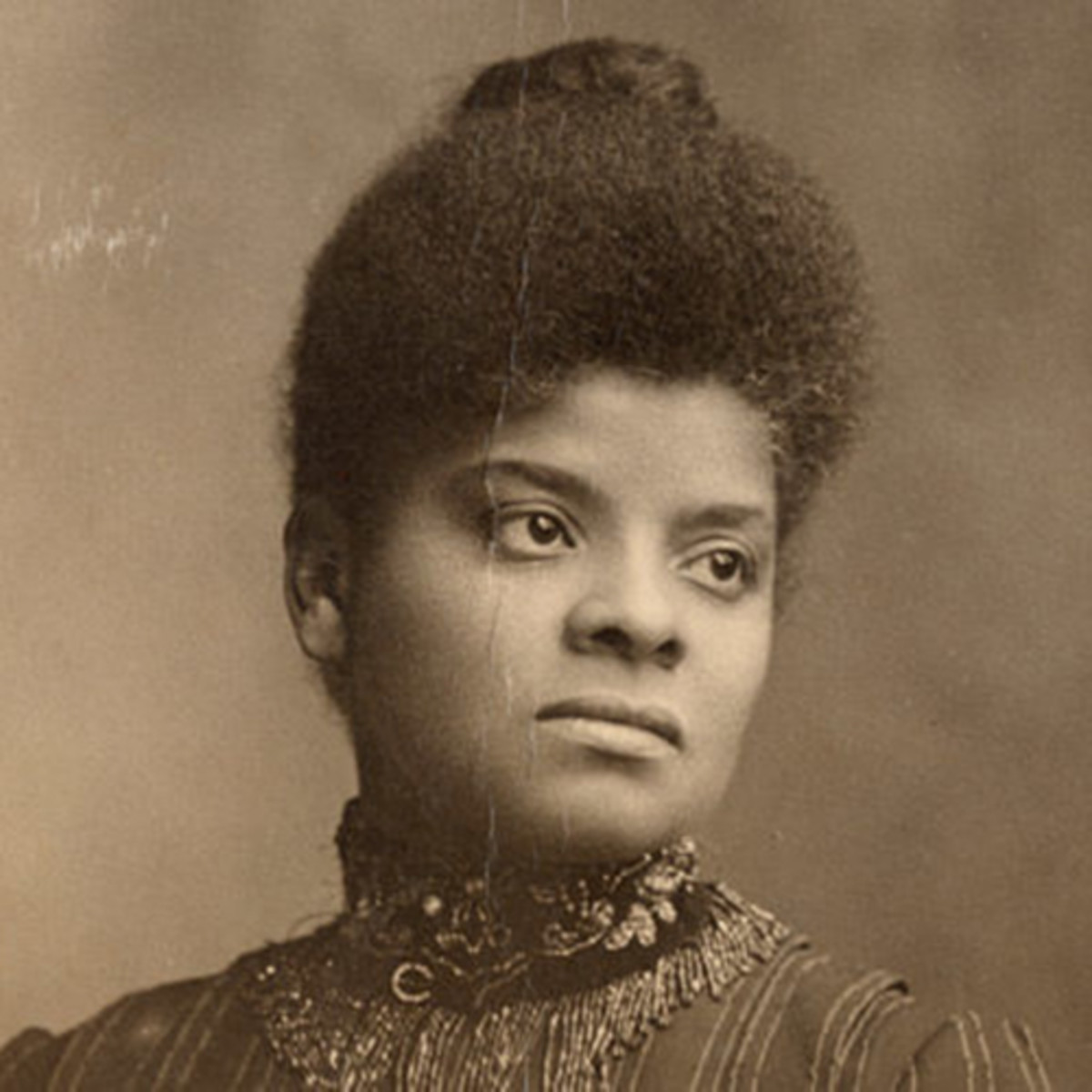
"Southern Horrors: Lynch Laws" by Ida B. Wells
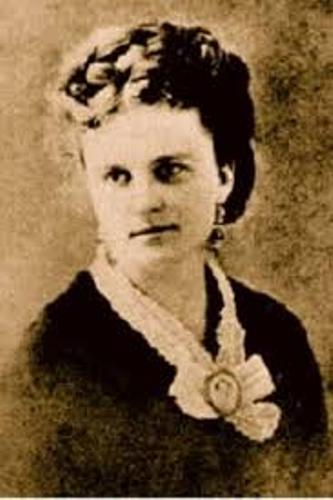
From The Awakening by Kate Chopin
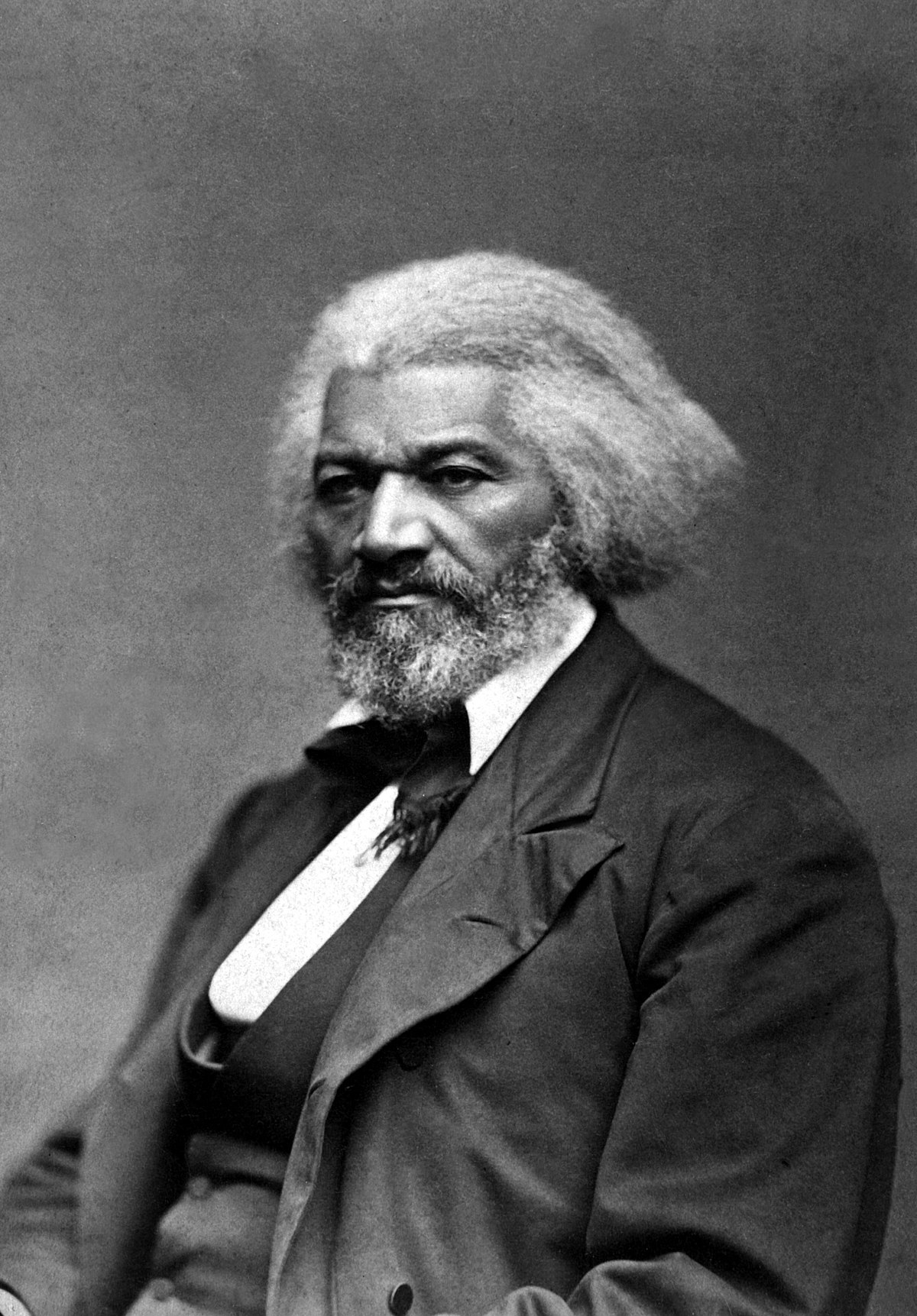
Narrative, From Chapter 1, by Frederick Douglass
I hope you found what you needed.
Proverbs 18:15
"The mind of the prudent acquires knowledge, And the ear of the wise seeks knowledge."





